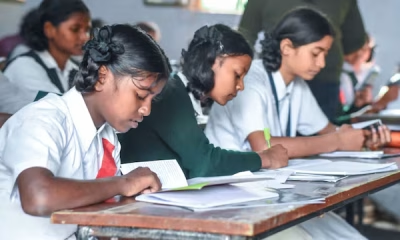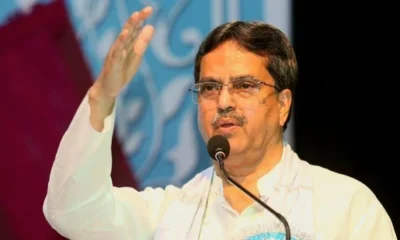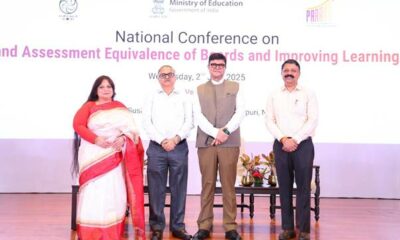News
Union Education Minister releases Report on United District Information System for Education Plus (UDISE+) 2019-20
The UDISE+ report shows a remarkable improvement in the number of schools with functional electricity, with functional computers, internet facilities in 2019-20 over the previous year.
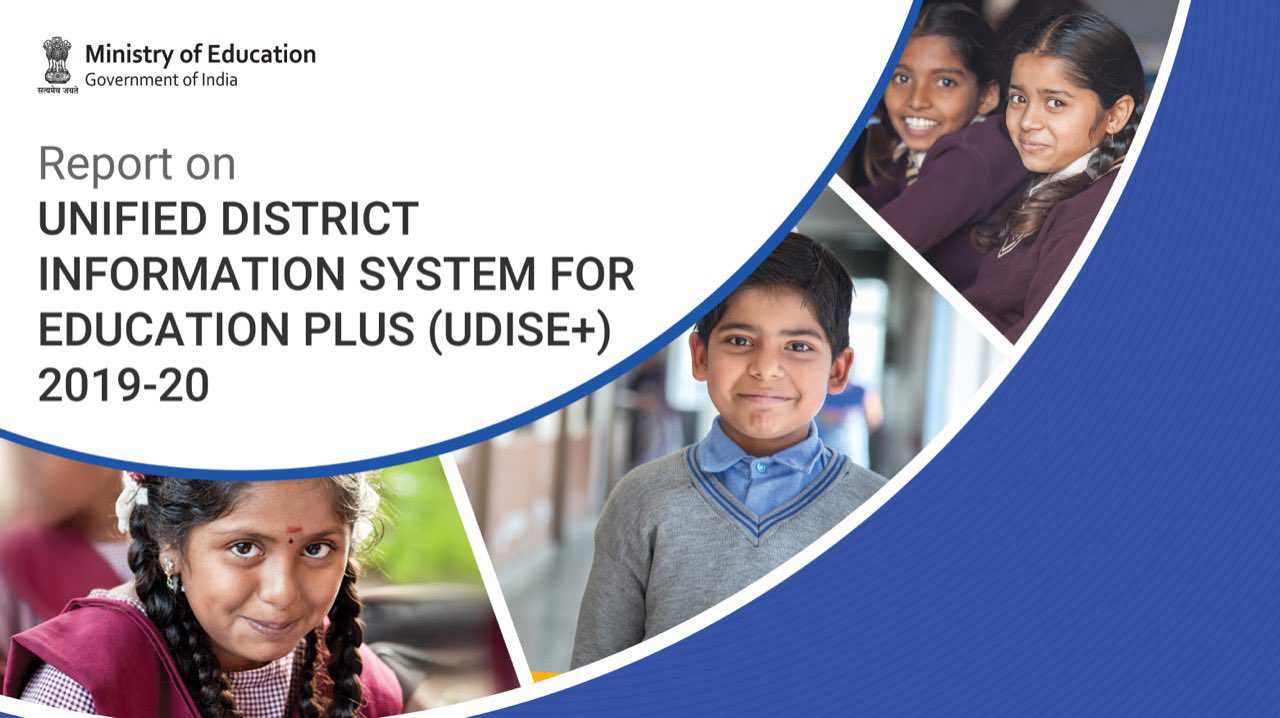
Education
Less Than Half of Indian Schools Offer Skill-Based Courses for Senior Students: NCERT Survey
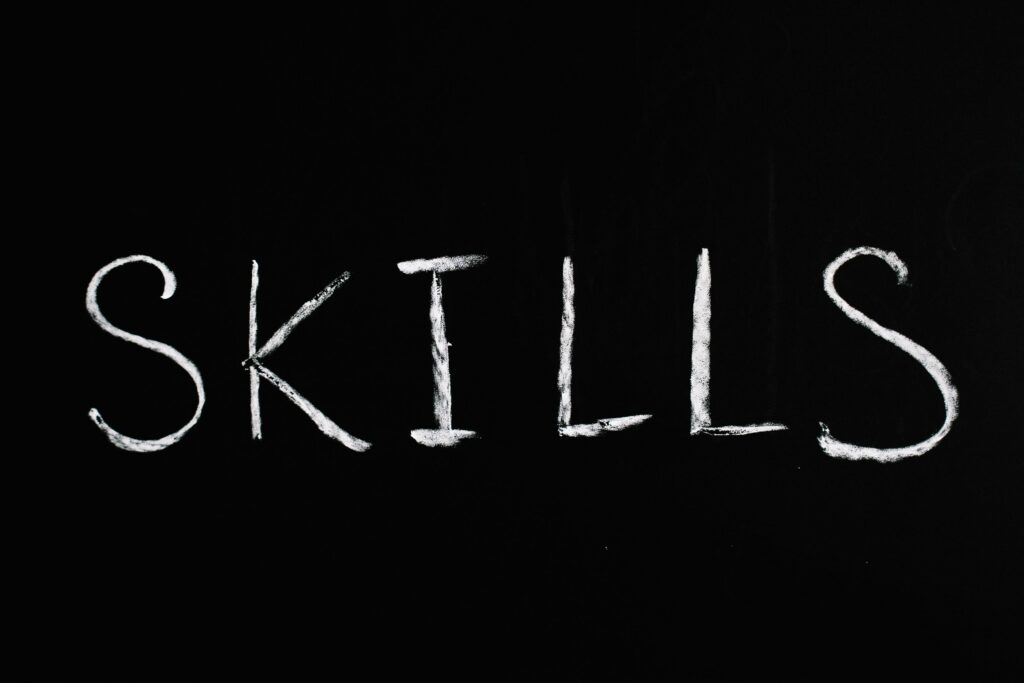
Education
UP Govt Launches Astro Labs in Government Schools to Boost Scientific Learning
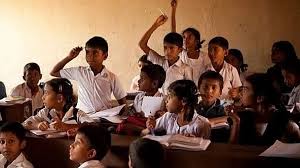
Education
Class 3 Learning Levels Show Gains Since Pandemic, But Still Below 2017: PARAKH Survey
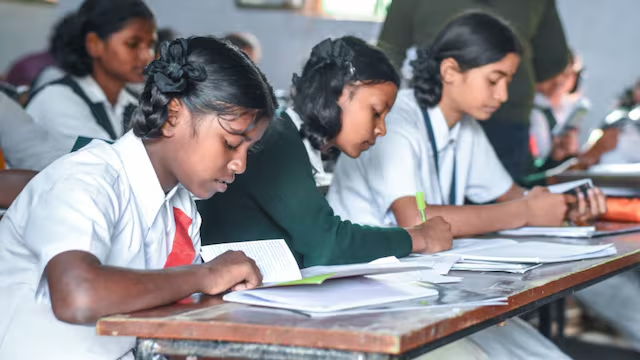
Education
Punjab to Introduce Business, Marketing Education in Govt Schools for High Schoolers
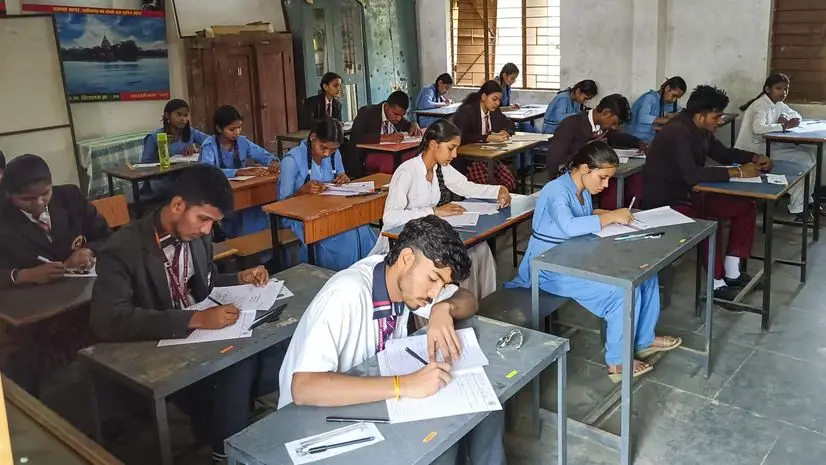
Education
Manipur Rallies Call for Disruption-Free Education Amid Ongoing Unrest
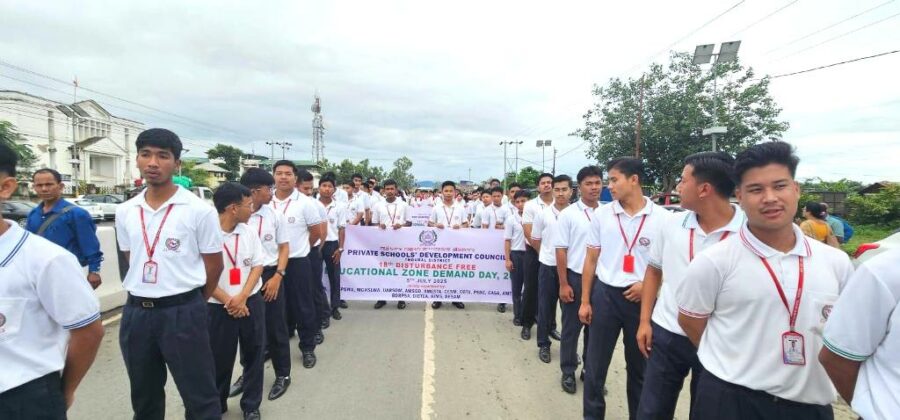
Education
Tripura CM Launches School Framework, Stresses Social Work in Education
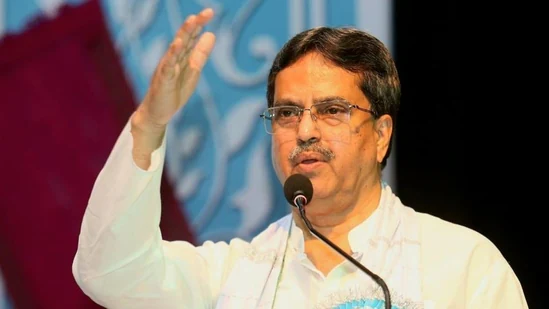
Education
“We Sleep on Walls Here”: Shubhanshu Shukla Talks to Indian Students from Space

Education
A Structural Proposal to Transform School Education in Bihar
Education
NIIT Foundation and YuWaah, UNICEF Launch Free Online Digital Marketing Course for Youth

Education
National Conference Pushes for Common Standards Across School Boards
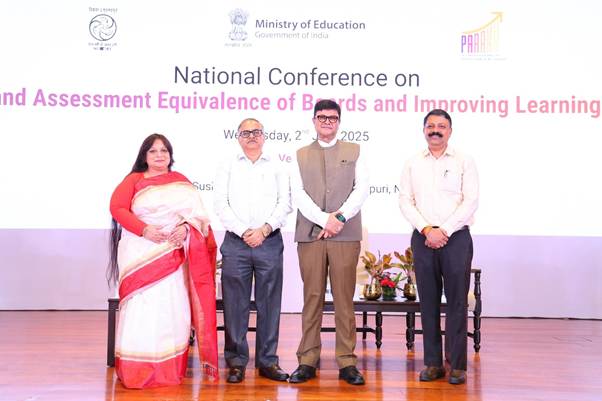
-
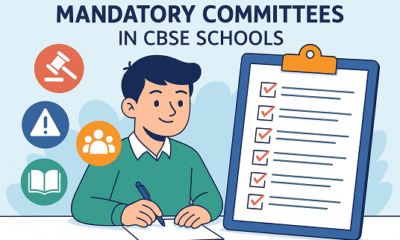
 Education3 months ago
Education3 months agoIs Your School Following These Mandatory CBSE Committees?
-

 Education2 months ago
Education2 months agoCBSE’s ‘Sugar Boards’ Initiative: Tackling the Sweet Crisis in Indian Schools
-
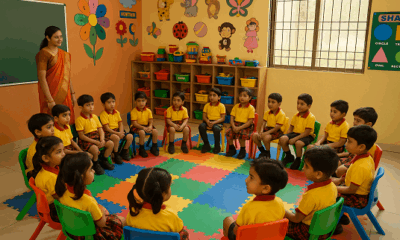
 Education3 months ago
Education3 months agoMaharashtra to Regulate Pre-Primary Education with New Law Aligned to NEP 2020
-
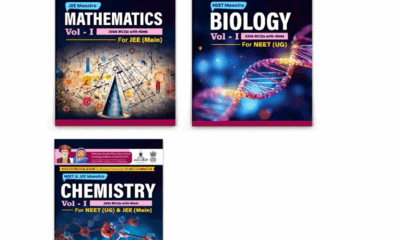
 Education3 months ago
Education3 months agoMAHAJYOTI’s Book Distribution Scheme to Empower 7,000 OBC Students Preparing for JEE/NEET & MHT-CET
-
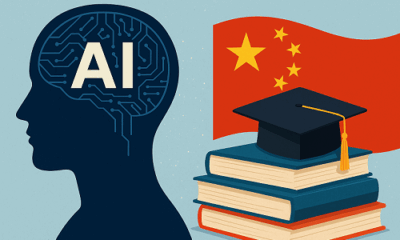
 Education3 months ago
Education3 months agoChina Embarks on Ambitious AI-Driven Education Reform to Build a ‘Strong Education Nation’ by 2035
-
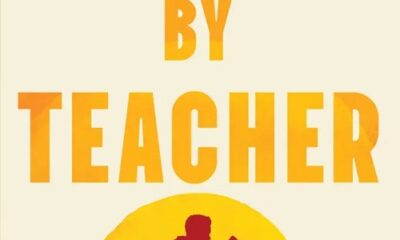
 Education2 months ago
Education2 months agoJohn King’s Book ‘Teacher By Teacher’: A Global Tribute to the Transformative Power of Education
-
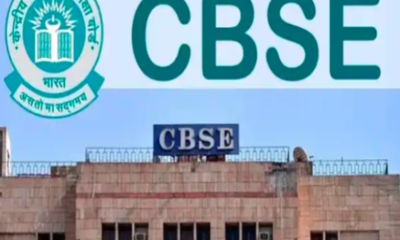
 Education3 months ago
Education3 months agoCBSE Introduces Mandatory Bridge Course for Classes 6 to 12 in Chhattisgarh Under NEP 2020
-
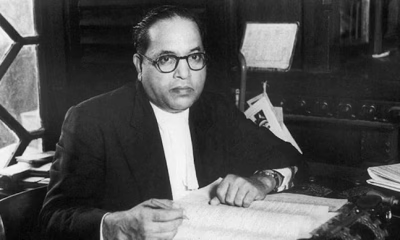
 Education3 months ago
Education3 months agoRewriting Ambedkar: Why Students Must Know the Man Beyond the Constitution
-
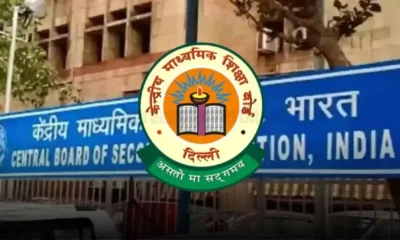
 Education3 months ago
Education3 months agoCBSE Mandates 50-Hour Annual Training for Teachers, Declares STEM as 2025 Theme
-
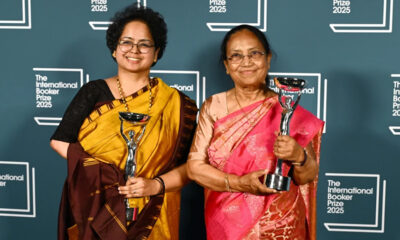
 Education2 months ago
Education2 months agoBanu Mushtaq’s International Booker Win Is a Wake-Up Call for Indian Schools to Reclaim Literature









